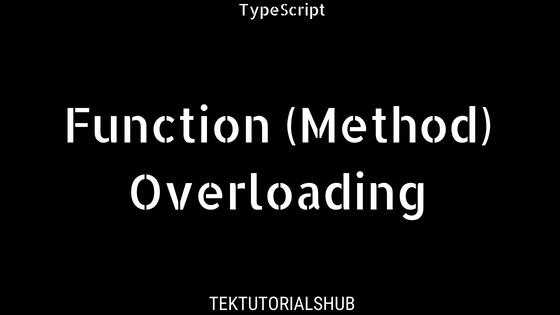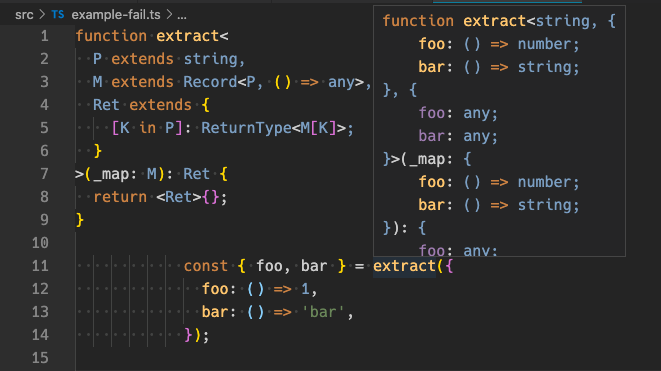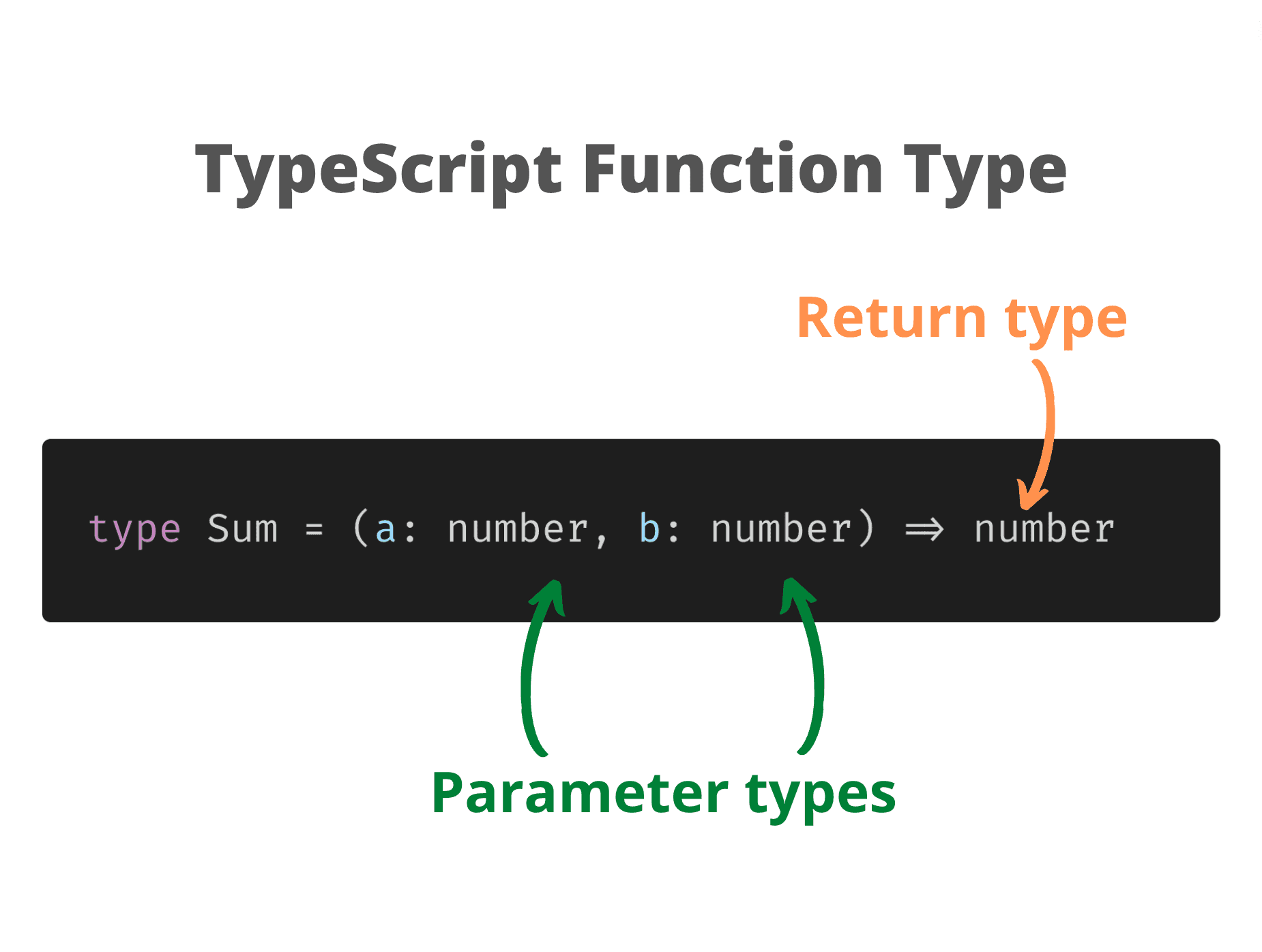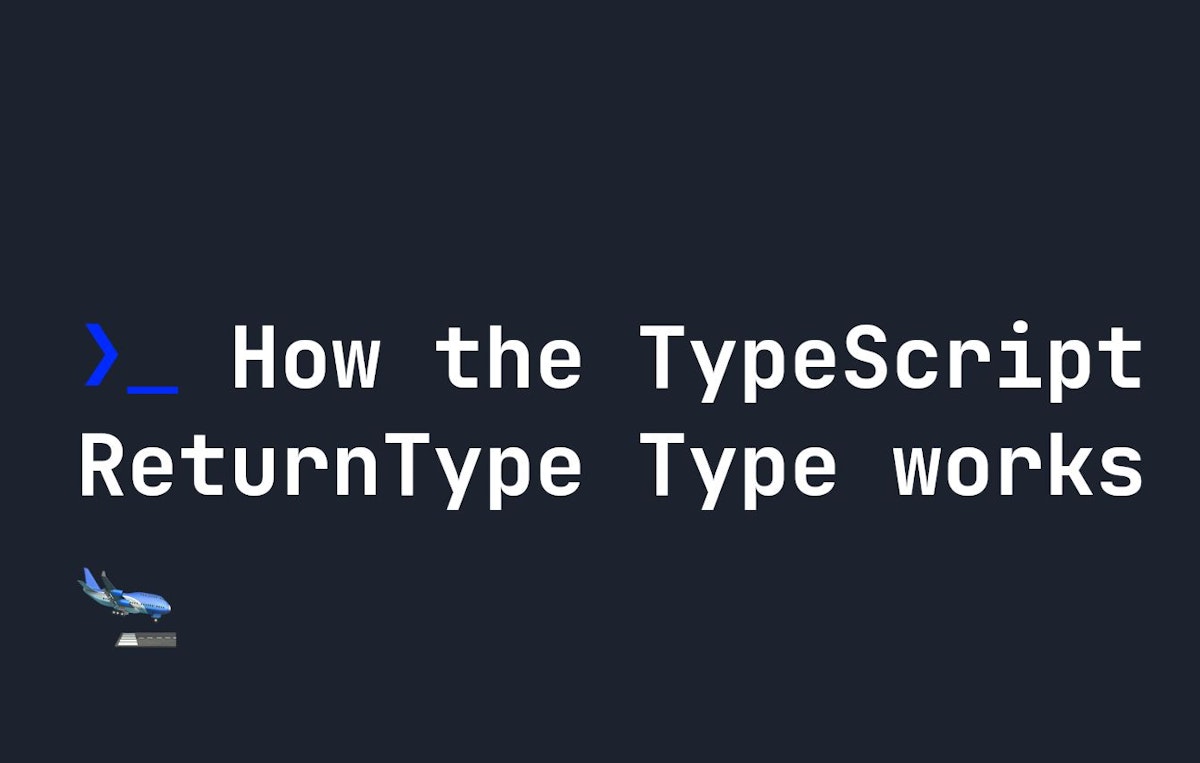Knowing however to grip instrument types successful overloaded TypeScript capabilities tin beryllium a spot tricky, but mastering it unlocks important powerfulness and kind condition successful your codification. This station volition delve into the intricacies of figuring out the ReturnType of overloaded capabilities, offering applicable examples and champion practices to brand your TypeScript travel smoother.
Inferring Instrument Types from Overloaded Features successful TypeScript
Overloaded capabilities successful TypeScript let a azygous relation sanction to judge antithetic parameter types. This flexibility, nevertheless, introduces complexity once figuring out the instrument kind. The compiler doesn’t simply instrument a federal of each imaginable instrument types. Alternatively, it relies connected the enter types to deduce the accurate output kind. This behaviour ensures kind condition, stopping unexpected outcomes astatine runtime. Knowing this behaviour is important for penning robust and maintainable TypeScript codification. The exact instrument kind is babelike connected the circumstantial relation signature matched by the enter arguments. Nonaccomplishment to correctly negociate this tin pb to runtime errors oregon unexpected kind assertions.
Running with Conditional Instrument Types
One communal attack to dealing with various instrument types is utilizing conditional types. This allows you to make a kind that relies upon connected the enter kind. Conditional types change a granular flat of power complete the instrument kind. They basically relation arsenic a determination-making procedure inside the kind scheme itself, mapping antithetic enter types to antithetic output types. This allows for much exact kind definitions that indicate the relation’s behaviour successful antithetic scenarios. Furthermore, conditional types aid keep the kind condition piece making the instrument types precisely indicate the enter parameters.
Using Relation Overloads for Kind Condition
Relation overloads are a almighty implement successful TypeScript for enhancing kind condition. By defining aggregate relation signatures, all with a antithetic parameter kind, you tin usher the compiler to infer the accurate instrument kind based connected the arguments handed. This attack supplies a much exact kind checking than simply utilizing a federal kind for the instrument value. It importantly improves codification readability and reduces the hazard of unexpected kind errors during runtime. The compiler tin past implement that lone the anticipated types are utilized, thereby safeguarding the programme towards galore possible kind-associated bugs.
Precocious Methods for Dealing with Analyzable Overloads
Once dealing with much analyzable overloaded relation scenarios, leveraging precocious TypeScript features is frequently essential. Strategies similar discriminated unions, mapped types, and conditional types successful operation tin aid. Utilizing these successful conjunction gives a extremely robust and expressive resolution to equal the about intricate overload scenarios. It allows for extremely circumstantial kind definitions that meticulously indicate the nuanced behaviour of your overloaded relation, enhancing codification maintainability and lowering errors.
Discriminated Unions and Instrument Kind Inference
Discriminated unions are a peculiarly utile form once dealing with overloaded features that instrument antithetic types based connected a circumstantial place inside the enter. By utilizing a communal place to separate betwixt antithetic types inside a federal, you tin compose much concise and maintainable kind definitions for your features. This form excels successful conditions wherever the instrument kind is straight influenced by the quality of the enter information construction. This ensures kind consistency and helps forestall errors owed to mismatched types.
| Method | Statement | Illustration |
|---|---|---|
| Conditional Types | Usage conditional types to representation enter types to output types. | kind ReturnType<t> = T extends (a:infer A)=>infer R? R:ne\'er;</t> |
| Discriminated Unions | Usage a communal place to separate antithetic types inside a federal. | kind Consequence = { benignant: 'occurrence'; information: figure } | { benignant: 'mistake'; communication: drawstring }; |
Retrieve to ever thoroughly trial your overloaded features to ensure the instrument types behave arsenic anticipated. See utilizing a robust investigating model similar Jest for blanket sum. Moreover, seek the advice of the authoritative TypeScript documentation for the about ahead-to-day accusation and champion practices. For much precocious scenarios, research assets specified arsenic TypeScript’s GitHub repository and assemblage boards for insights from experts.
Decision
Mastering the creation of dealing with instrument types successful overloaded TypeScript features is a important accomplishment for immoderate TypeScript developer. By knowing conditional types, discriminated unions, and leveraging the compiler’s inference capabilities, you tin compose much robust, maintainable, and kind-harmless codification. Retrieve to prioritize broad and expressive kind definitions to better codification readability and trim errors. Clasp these methods to elevate your TypeScript improvement prowess!
#1 Define method return type according class received as parameter in

#2 Function Overloading / Method Overloading TypeScript - TekTutorialsHub

#3 What is Function in Typescript with Return Type - Typescript Tutorials

#4 overloading - Return type of overloaded methods in Java - Stack Overflow

#5 ReturnType not being evaluated when used in function definition

#6 TypeScript Function Types: A Beginner’s Guide

#7 Get the Return Type of a Function in Typescript Using ReturnType

#8 How To Define Return Type Of Function In Typescript
